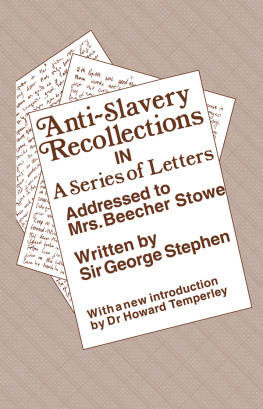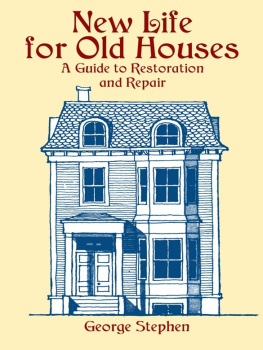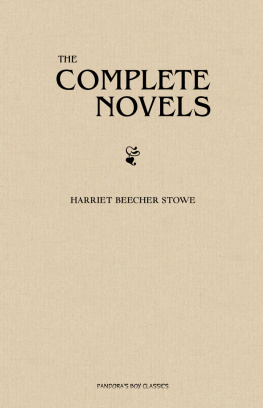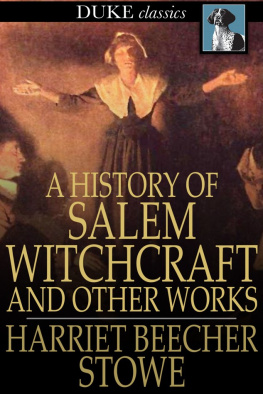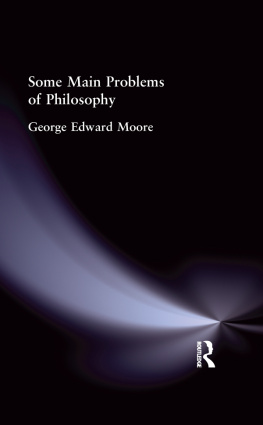SLAVERY SERIES
No. 1. Thomas Fowell Buxton
The African Slave Trade and Its Remedy (1839; 2nd ed. 1840)
New Impression
No. 2. Anthony Benezet
Some Historical Account of Guinea. Its Situation, Produce, and the General Disposition of its Inhabitants. With an Inquiry into the Rise and Progress of the Slave Trade, its Nature, and Lamentable Effects (1771; new ed. 1788)
New Impression of new edition
No. 3. Joseph Cooper
The Lost Continent, or Slavery and the Slave-Trade in Africa. With observations on the Asiatic slave-trade (1875)
New Impression
No. 4. Christopher Lloyd
The Navy and the Slave Trade. The Suppression of the African Slave Trade in the Nineteenth Century (1949)
New Impression
No. 5. James Bandinel
Some Account of the Trade in Slaves from Africa as connected with Europe and America; from the introduction of the trade into modern Europe, down to the present time; especially with reference to the efforts made by the British Government for its extinction (1842)
New Impression
No. 6. Joseph Sturge and Thomas Harvey
The West Indies in 1837, being the Journal of a visit to Antigua, Monserrat, Dominico, St. Lucia, Barbados and Jamaica, undertaken for the purpose of ascertaining the actual conditions of the negro population of those islands (1838)
New Impression.
No. 7. Averil Mackenzie-Grieve
The Last Years Of The English Slave Trade. Liverpool 1750-1807 (1941)
New Impression with corrections
No. 8. Thomas Clarkson
The History of the Rise, Progress and Accomplishment of the Abolition of the African Slave-Trade by the British Parliament (1808)
New Impression
Published by
Routledge
2 Park Square, Milton Park, Abingdon, Oxon, OX14 4RN
270 Madison Ave, New York NY 10016
New introduction Copyright 1971 H. Temperley
First edition 1854
Second edition 1971
Transferred to Digital Printing 2006
ISBN 0 7146 2171 4
Publishers Note
The publisher has gone to great lengths to ensure the quality of this reprint but points out that some imperfections in the original may be apparent
INTRODUCTION TO THE SECOND EDITION
When, in the spring of 1853, Harriet Beecher Stowe landed in Liverpool at the beginning of her first triumphal tour of the British Isles, one of the first people she met was Sir George Stephen. It was, in its way, a symbolic encounter. Both were second generation abolitionists whose whole lives had been intimately linked with the progress of the anti-slavery causes in their respective countries. Mrs. Stowe, the daughter of the great Presbyterian divine, Lyman Beecher, had grown up amidst the turbulent debates over slavery which shook New England and the Midwest in the 1830s and 40s, and had recently acquired a world-wide reputation in her own right as the author of Uncle Toms Cabin, some two million copies of which had been sold since its appearance the previous year. Stephen was the son of Wilberforces old colleague, James Stephen, and the brother of the Sir James Stephen who had drafted the Abolition Act of 1833 and was himself a veteran of the campaign to free the slaves in the West Indies.
To all appearances, however, the meeting was unremarkable. Certainly it made no great impression on Mrs. Stowe. It is even possible that in the flurry of introductions she failed to grasp who Sir George was. In her journal, his name appears sandwiched in among those of various local worthies, with the accurate, but rather misleading, comment that he was in some way connected with the maintenance of a charitable boys school nearby. In any case, the whole Liverpool episode was quickly forgotten in the whirl of social events which followed her arrival in London soon afterwards.
The Stowe tour was an extraordinary phenomenon. The whole of fashionable society, it seemed, as well as the Prime Minister and the Archbishop of Canterbury, felt obliged to pay her homage. One contemporary compared her visit to the appearance of Jenny Lind in New York three years earlier. Her husband regarded it as madness, and was worried, not without reason, that it would turn his wifes head. It is certainly true that her association with the Duchess of Sutherland, whose part in the Highland clearances had earned her a reputation as a sort of British Simon Legree, did not enhance the Stowes reputation in their native land. There was also a good deal of gossip later about what had happened to the large sum of moneysome five thousand pounds in allpresented to her for the benefit of American Negroes. What actually became of this money was never satisfactorily explained. Her biographer supposes that she probably allowed it to get mixed up with her ordinary expenses.1
But if the Stowes visit gave rise to a certain amount of rancour, it also served a useful purpose in that it provided the occasion for composing the account which follows. How far the inspiration was Mrs. Stowes, is impossible to say. Publishing open lettersoften unsolicitedto prominent individuals was still a common literary device in the mid-nineteenth century. Stephen himself had employed it on at least three previous occasions. In this instance, however, it is clear that the letters were in some sense solicited, although on this point we know no more than he himself tells us in his first letter. Possibly the idea was Mrs. Stowes. There is no reason to doubt, however, that the initiative in pressing ahead with it was Stephens own.
Stephen already enjoyed a reputation as an author. (Although a more modest one than was later acquired by other members of the Stephen family: he was the uncle of Sir Leslie Stephen and the great-uncle of Virginia Woolf.) In 1835 he had published Adventures of a Gentleman in Search of a Horse which he followed up in 1839 with Adventures of an Attorney in Search of a Practice, a series of sketches drawn from his experience of legal life. Both were very popular and ran into many editions, although today their humour, which depends upon a familiarity with contemporary institutions and practices, is not always easy to discern. He was originally a solicitor by profession, although never apparently a very successful one, since so much of his time was taken up with remedying social ills of one sort or another. His major contribution to society was undoubtedly his work for the abolition of West Indian slavery, which kept him largely occupied from 1826 until 1833.2 It was in recognition of this that Queen Victoria awarded him a knighthood in 1837. He was also, however, involved in many other causes, including the relief of pauper prisoners, the establishment of a regular police force and the suppression of the African slave trade. He wrote extensively on all of these subjects. At the time of Mrs. Stowes visit he was 59 and had fallen on lean times. Owing to a series of professional quarrels he had abandoned his solicitors practice and was employed as a barrister in Liverpool. Here too things went badly, and in 1855, shortly after completing Anti-Slavery Recollections, he emigrated to Melbourne where he remained until his death in 1879.
It is surprising that until the appearance of Anti-Slavery Recollections, no tolerably complete account of the struggles over West Indian slavery had been published. Sir Thomas Fowell Buxton, whose autobiography, had he ever got around to writing it, would have been an invaluable source for historians, remained occupied with his African civilization projects until ill-health abruptly terminated his career. Thomas Clarkson, whose

